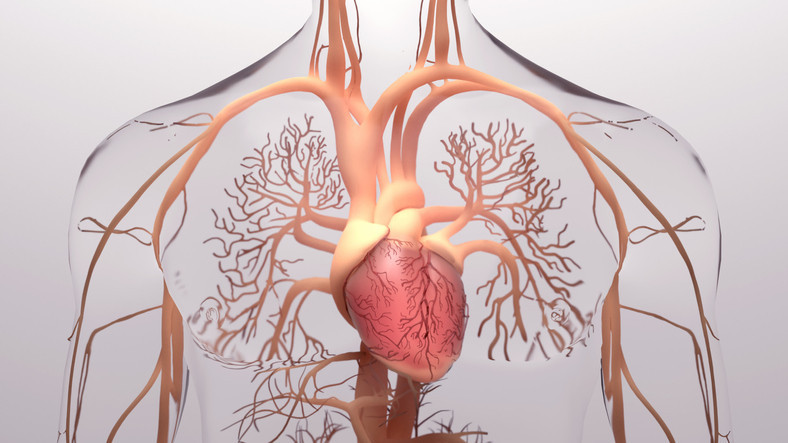
Can white noise really help you sleep better?

Celiac disease: Exploring four myths

What is prostatitis and how is it treated?

What is Cushing syndrome?

Exercises to relieve joint pain

Think your child has ADHD? What your pediatrician can do

Foam roller: Could you benefit from this massage tool?

Stepping up activity if winter slowed you down

Common causes of cloudy urine

Dragon fruit: How to enjoy this antioxidant-rich fruit
Stroke Archive
Articles
Long periods of sitting tied to higher risk of stroke
Sitting too much can boost stroke risk. But adding more movement—even low-effort activity such as doing household chores—may help lower that risk.
Putting potassium in perspective
Too much or too little potassium can harm the heart. Diet, medications, and kidney function can affect the body's potassium level. Dietary potassium helps keep blood pressure in a normal range, but most Americans don't consume enough of this mineral. However, people taking medications that raise potassium levels—which includes certain drugs to treat high blood pressure and heart failure—should avoid salt substitutes made with potassium chloride.
How good is your cardiometabolic health — and what is that, anyway?
An analysis shows less than 7% of adults in the US meet the criteria for optimal cardiometabolic health. Taking small steps to help control and improve key risk factors can reduce the odds of a heart attack or stroke.
Women more likely than men to show atypical stroke symptoms
A 2022 study found that women are more likely than men to have "generalized" stroke symptoms such as weakness and confusion, in addition to classic signs such as speech or movement problems.
More benefits of a Mediterranean diet
A randomized trial published May 14, 2022, in The Lancet found that people with heart disease who ate a Mediterranean diet for seven years had a 26% lower risk of having a heart attack or stroke, compared with people who ate a low-fat diet.
What is the ideal blood pressure number?
Recent guidelines suggest a blood pressure reading of less than 120/80 mm Hg as normal. But the ideal number for individuals depends on their individual goals and whether they also have a chronic condition, such as heart disease or kidney disease.
Stroke risk rises in people who develop depression after a heart attack
A 2022 study found that people who have depression after a heart attack are nearly 50% more likely to suffer a stroke compared with heart attack survivors who don't develop depression.
The ABCs of atrial fibrillation
About one in 11 men ages 65 and older has atrial fibrillation (afib), a heart rhythm disorder that causes an irregular and often faster-than-normal heartbeat. Afib can be persistent and chronic, or it can happen intermittently. People might have no symptoms with either variety, or afib can cause lightheadedness, shortness of breath, chest pain, or extreme fatigue. But the biggest worry is a fivefold increased risk of stroke. The main treatment choices for people are rate control with medication, or rhythm control, done with medication or a procedure such as electrical cardioversion or catheter ablation.
What you need to know about aphasia
Brain damage can cause the language disorder aphasia. It affects a person's ability to understand or produce speech. Coping with aphasia requires treatment for the underlying cause and speech therapy to learn how to communicate despite language deficits. If the cause of the aphasia improves, so may the aphasia. But many people will continue to live with some level of aphasia, especially if the cause of brain damage is a progressive disease, such as Alzheimer's.
How COVID-19 can compromise your heart health
COVID survivors—even those with mild infections—appear to face a higher risk of cardiovascular problems such as heart failure, heart attack, and stroke for up to one year after their initial infection. People who were hospitalized (especially those who ended up in the intensive care unit) may have the highest risk. The virus that causes COVID can injure blood vessels and triggers an immune response that promotes the formation of blood clots in arteries and veins throughout the body and brain.

Can white noise really help you sleep better?

Celiac disease: Exploring four myths

What is prostatitis and how is it treated?

What is Cushing syndrome?

Exercises to relieve joint pain

Think your child has ADHD? What your pediatrician can do

Foam roller: Could you benefit from this massage tool?

Stepping up activity if winter slowed you down

Common causes of cloudy urine

Dragon fruit: How to enjoy this antioxidant-rich fruit
Free Healthbeat Signup
Get the latest in health news delivered to your inbox!
Sign Up











